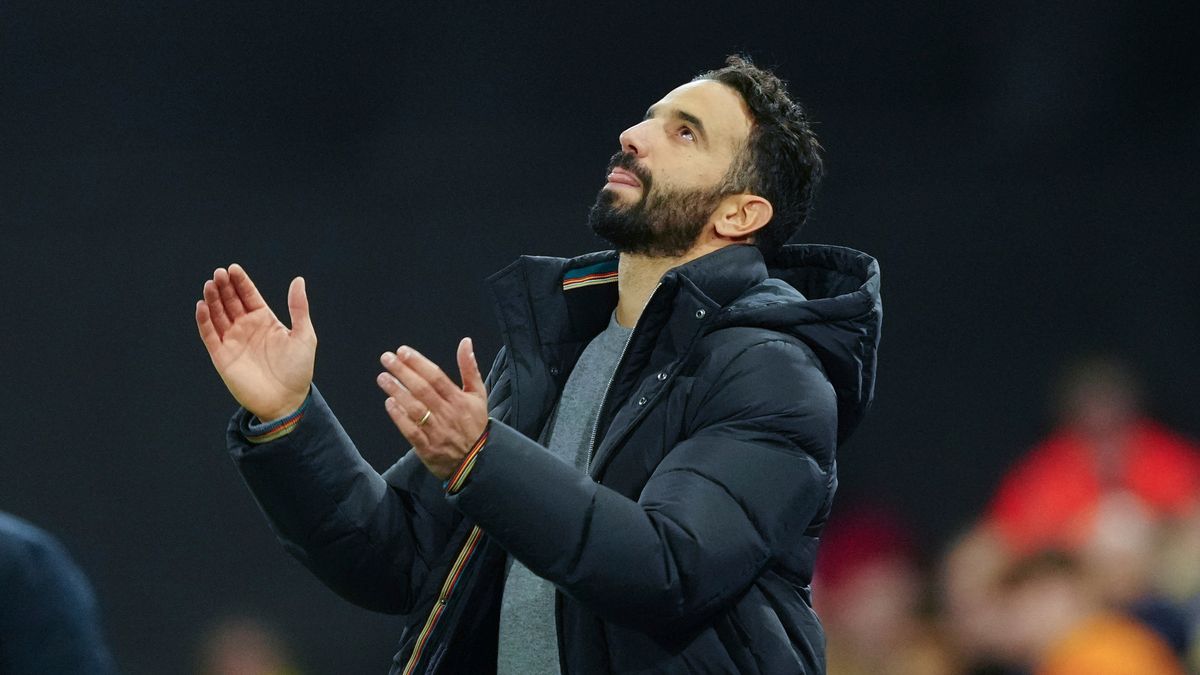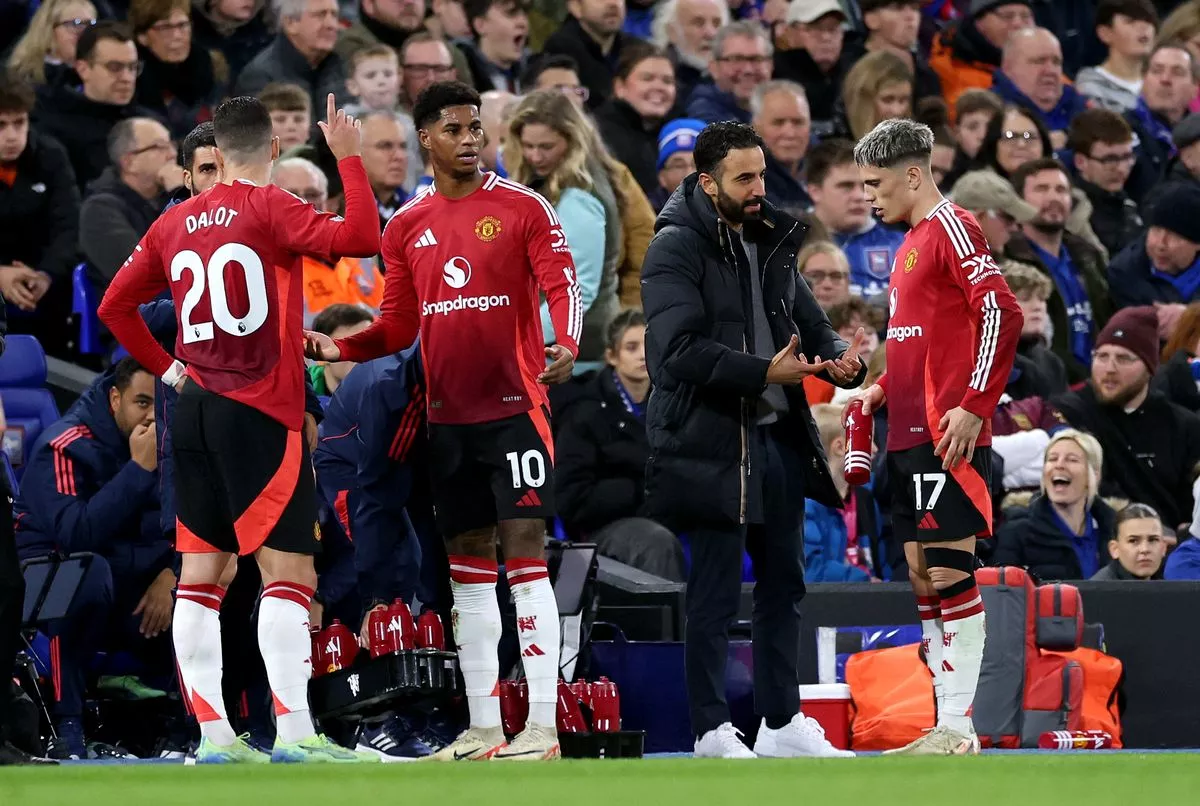Ruben Amorim, the new manager of Manchester United, has been advised to reconsider his preferred 3-4-3 formation if he wants to succeed in the Premier League. This tactical setup brought Amorim significant success during his tenure at Sporting Lisbon, where he won two league titles in four-and-a-half years. Now at Old Trafford, he is attempting to replicate those results.

In his debut match against Ipswich Town on Sunday, Amorim employed the 3-4-3 system, assigning Amad Diallo as a wing-back and utilizing Noussair Mazraoui as a makeshift third center-back. The game began positively for United, with Marcus Rashford scoring within two minutes following a brilliant run by Amad. However, Ipswich equalized later in the match through a stunning long-range goal from Omari Hutchinson, resulting in a 1-1 draw.

After the game, some questioned Amorim’s approach, including a former Premier League midfielder who shared his concerns on a football analysis show. He argued that Amorim’s tactics might not suit the demands of English football, emphasizing that the Premier League is vastly different from continental leagues. He pointed out that only Chelsea, in recent years, managed to win the league with a similar system, largely due to their exceptional personnel at the time. Chelsea’s success was built around the defensive midfield pairing of N’Golo Kanté and Nemanja Matić, with a potent attacking duo of Diego Costa and Eden Hazard.
The critic further explained that Manchester United currently lacks players of a similar caliber, and acquiring such talent would require a significant financial investment. He suggested that when teams play three at the back against opponents who press high, it often transforms into a five-man defense, making it challenging to control games effectively. He concluded that for United to improve and compete at the top, Amorim’s 3-4-3 formation would likely need to evolve.
Amorim acknowledged after the match that his players struggled to adapt to the new system, which was expected given their limited preparation time. Despite this, he expressed satisfaction with their efforts, highlighting their potential for improvement. “It was really hard for them,” Amorim admitted, noting that the lack of fluidity was understandable after only two training sessions. “They tried hard, and they can improve so much.”
Amorim also explained the need for tactical adjustments due to the limited availability of natural center-backs in the squad, which led to players like Mazraoui taking on unfamiliar roles. He praised Mazraoui’s intelligence and adaptability, emphasizing the importance of such versatile players for the team’s future.